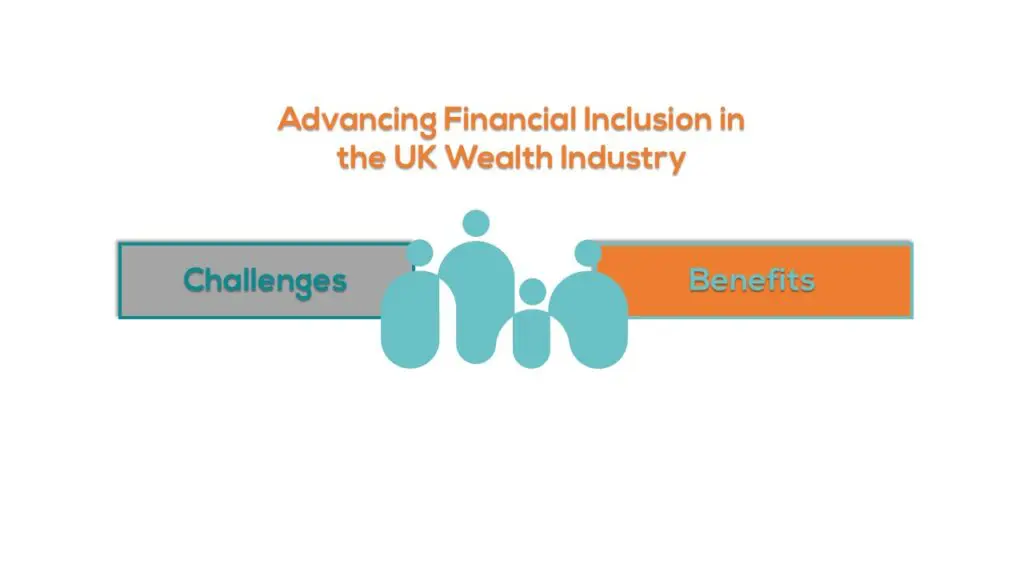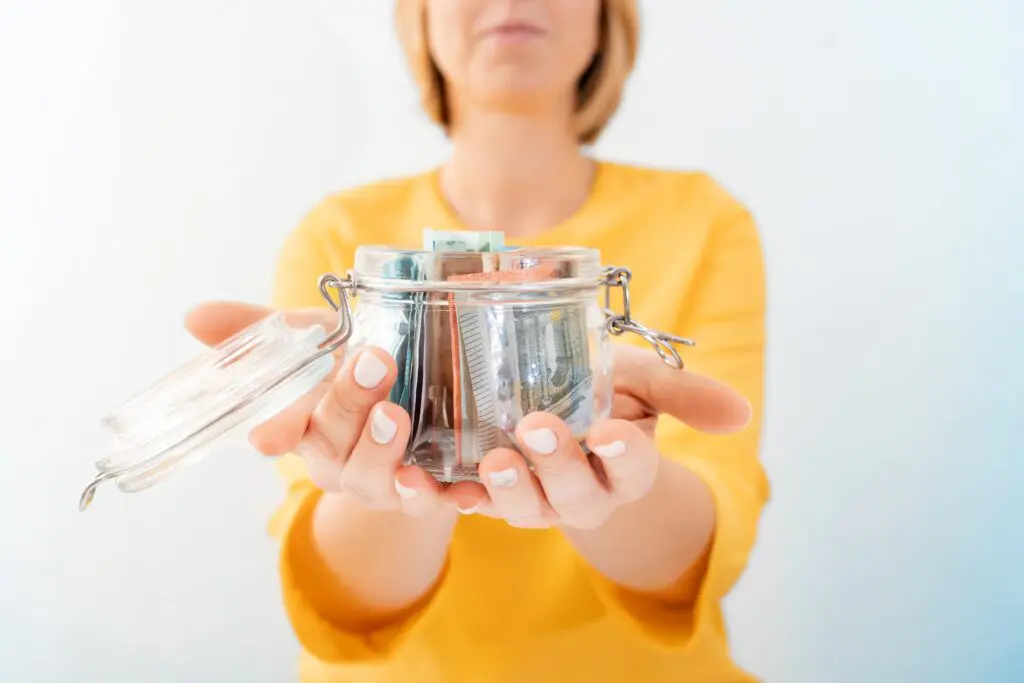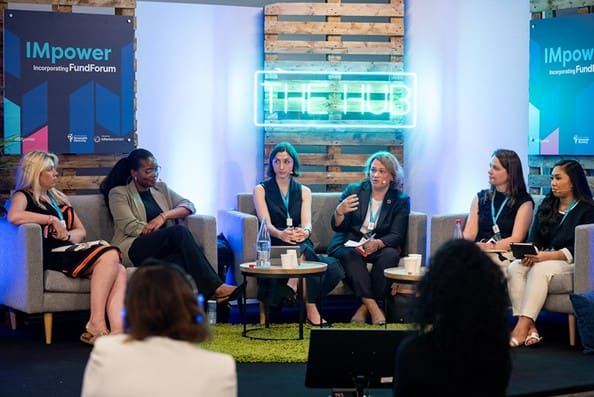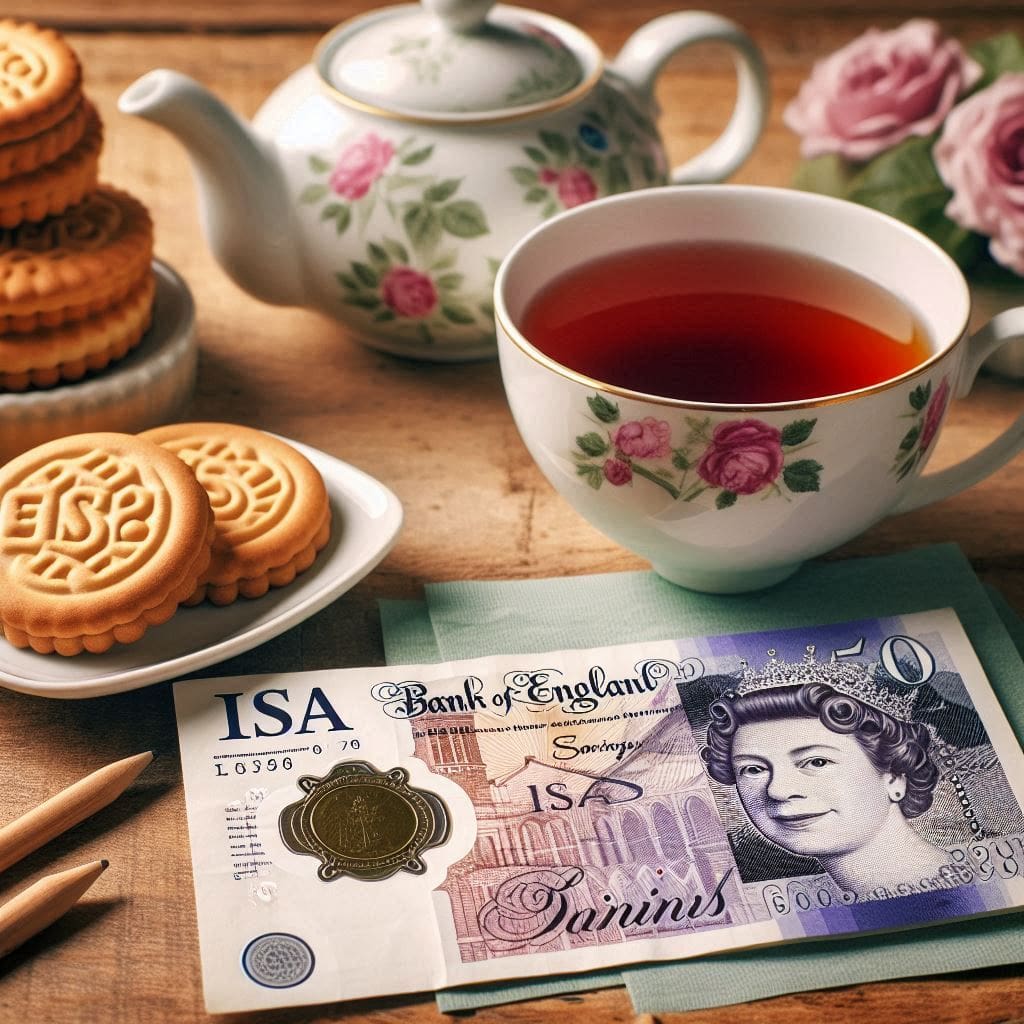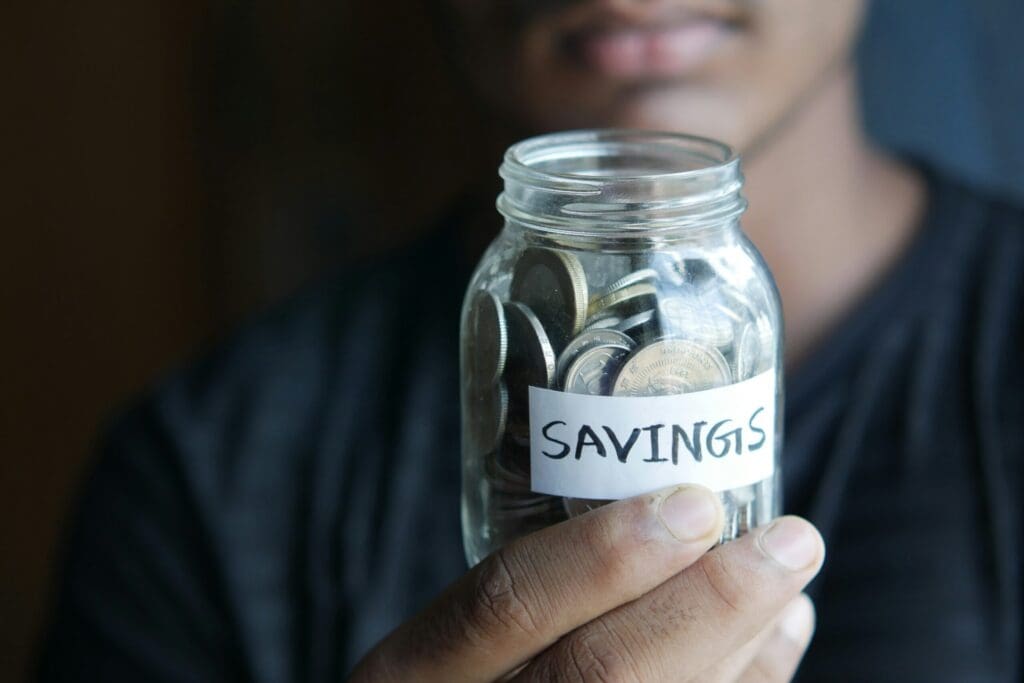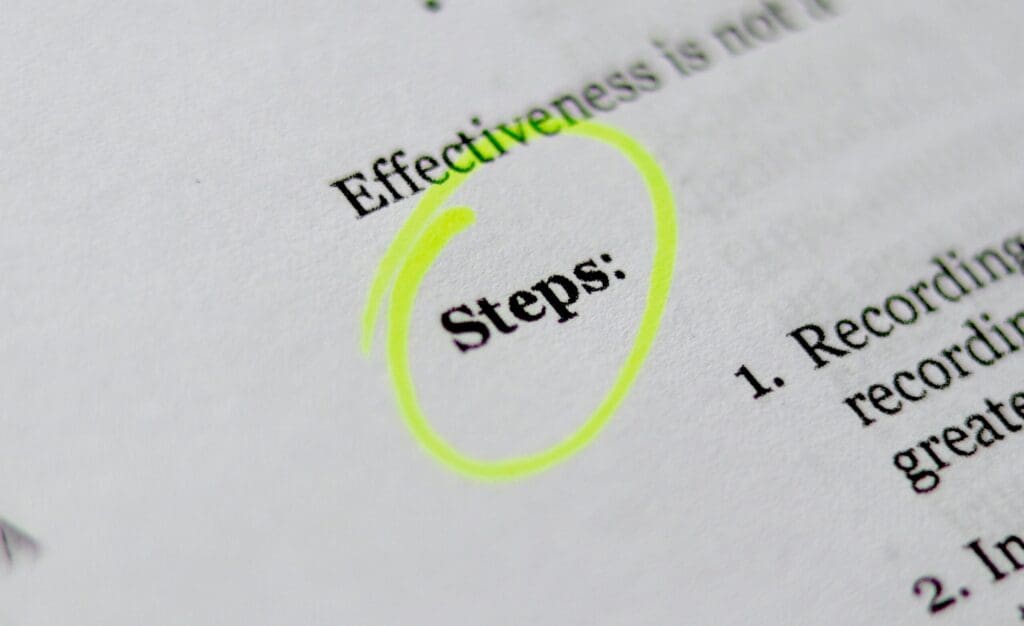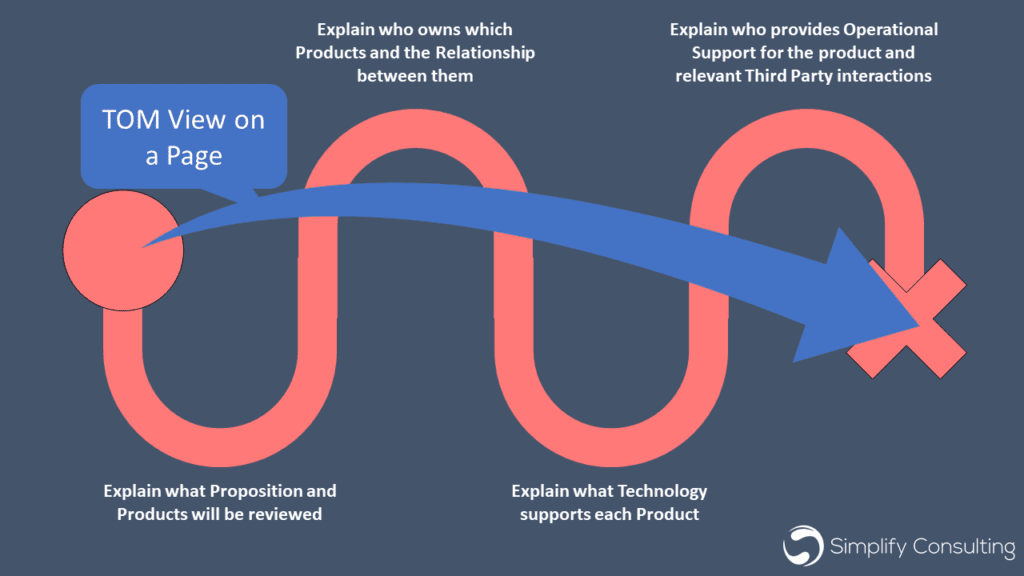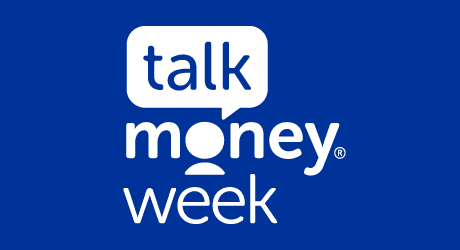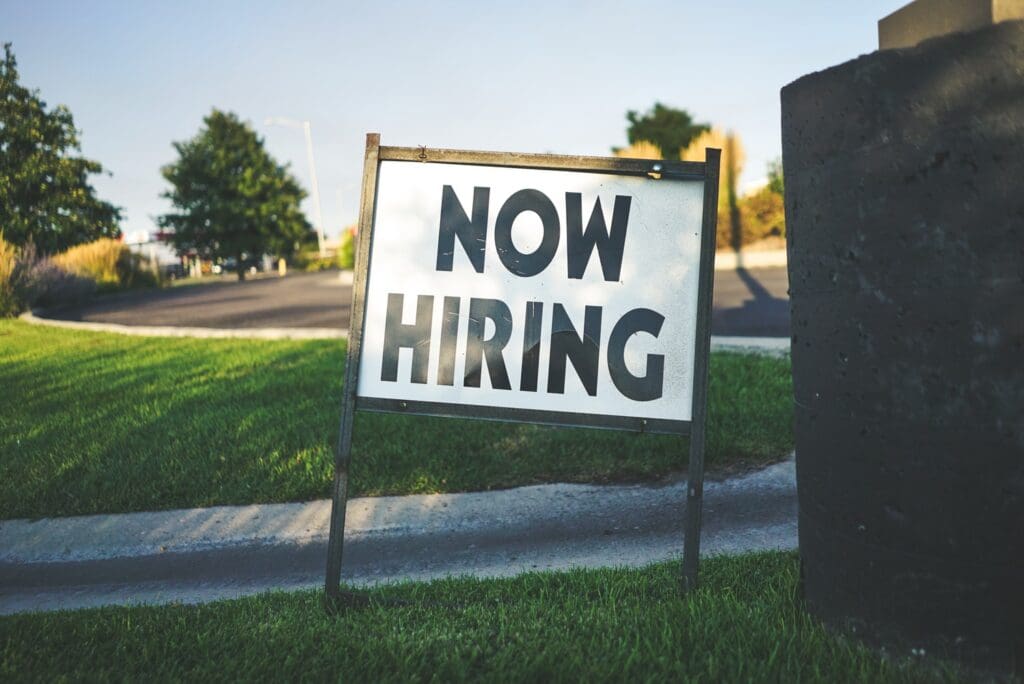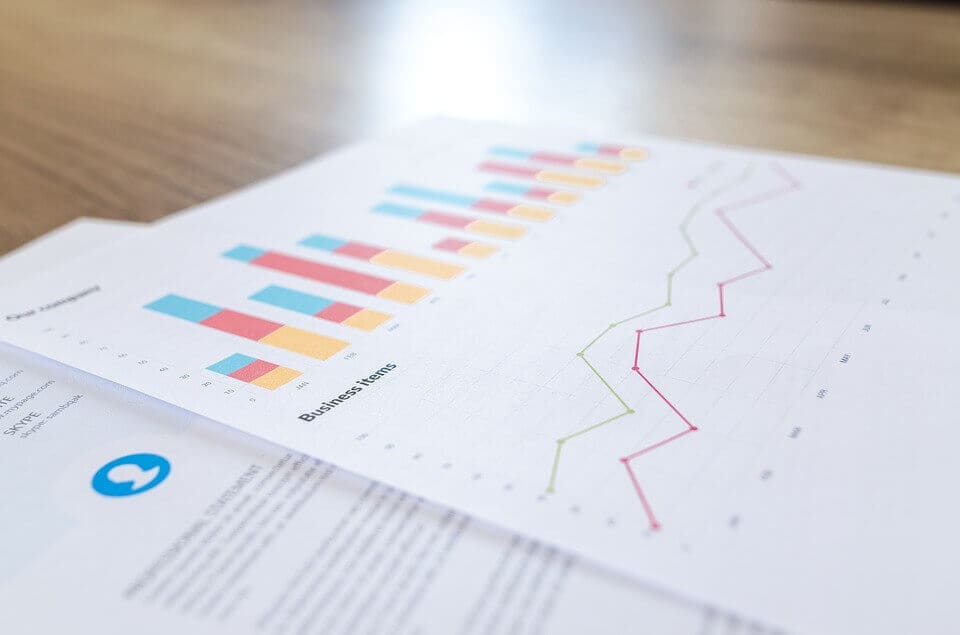
Natasha Birchall
Wealth Consultant
It’s apparent that when it comes to investing, not many women are doing it and there’s another gender gap; a £15 billion gap to be precise. Just one in five women are investing and holding £14.3 billion in investments. It might sound like a lot but when you compare that to the £29.3 billion held by the one in three men investing, it’s a large gap(1).
Around 3 years ago it was pointed out to me that I could earn a profit on my savings if I moved from a cash ISA to a stocks and shares ISA. Could I really make money by simply moving my savings to a stocks and shares ISA? My (short sighted) imagination started to run away with thoughts about home improvements, maybe a wedding, holidays and more. I decided to give it a try and move some of my savings into a stocks and shares ISA. A cautious but wise move I realised when the pandemic came and my savings took a tumble. But after riding that wave I was eventually able to use the profits for a new kitchen; I felt like I’d made a power-move and it paid off.
Home improvements and holidays aside, why does a gender investment gap really matter and why are people talking about it?
We all know that statistically, women live longer than men, so we don’t just need money for retirement but perhaps need more of it than our male counterparts.
If we have children there will be a time, perhaps years, when we’re not earning much money and so not contributing much, or anything, to our pension. Around 39% of women forfeit income or career progression to care for children or elderly parents (2).
Statistically we’re paid less than men too. Once again that’s less money in the pension pot for retirement at a state pension age equal to men, of which will continue to rise.
So, we’re earning less during our working years and getting less at retirement. A recent study from the USA says that women are 80% more likely than men to face poverty in retirement (3) and Vestpod state that in the UK, women’s pensions are on average £10,000 less than men’s (4).
It’s also apparent that the menopause is likely to bring women out of work early; a recent study on the topic revealed that 22% of their research participants said going through menopause has made them more likely to retire early (5). This is concerning because as a result, women are going to have a requirement for an even bigger pension pot to be able to draw upon earlier than originally planned.
It seems there’s a much bigger reason to invest than I originally thought!
“Current statistics show that the value of investments held by women is just half that of men in the same age group. This could be due to a number of factors, for instance, stereotypically women of a certain generation tended to lean on their husbands for income and leave all of the finances to them.
Women are also less risky in nature and therefore when they associate investing with risk, they are less inclined to participate. But on the contrary, this can perhaps make women the better investors. Men tend to be more risky and speculate with their cash (single line stock bets for instance) whereas women take more time in understanding what they are putting their money into, have a more cautious approach to picking fund managers and stay on top of monitoring their finances.”
So why aren’t women investing?
Research shows the most common reason women aren’t investing comes down to confidence in making big financial decisions, including investing (6).
I decided to speak directly to some of my friends to ask if they invest and if not, why. Their responses were thematic with;
- Not feeling confident in their ability to understand how investing works
- Perceiving investing as being a ‘man’s world’ and similar to gambling
- Not having spare cash or disposable income to invest
- Perceiving investing as being unsecure
“The term investing seems very daunting and as your friends explain it, a bit of a gamble. But you could also argue leaving your money in cash for the next 30 years as opposed to investing could be a lot more detrimental. In the past, stock markets have almost always outperformed cash over the longer term.
I also believe that there is a misconception that investing is too complex and could also put many women off investing. There are so many options to choose from that sometimes this puts many people off. But there are now so many Wealth Managers to guide clients nowadays and all hugely regulated which should also offer comfort to investors regarding fears of being mis-sold an investment.”
Looking at the 2019 Barclays Equity Study which reviewed 118 years of performance, there were 81 occurrences where UK equities outperformed cash for two consecutive years; that’s 69% of the years studied. Based on these findings, you can estimate that over 10 years, there’s a 91% chance that UK equities will outperform cash (7).
Though women today are more financially independent than they were even one generation ago, there’s an unconscious bias that still lurks, which is that men are better able to deal with long-term financial planning and investment decisions. That picture is still portrayed today as we still see a disproportionate ratio of men to women working in investment banking and TV and film plots about investing still using all-male casts for the main roles; just search for ‘must watch movies for investors’ and you’ll struggle to find a leading female role – confirmation of an unconscious basis which stems back decades.
It’s only in the last 50-60 years that it became commonplace for women to start working and the Equal Pay Act and Sex Discrimination Act were introduced. As time has gone on, women have become more confident in managing day to day finances and less reliant on men, but confidence to invest is lagging.
But with financial freedom over the decades comes a shortfall at retirement and we’re at a pivotal point where we need to change the narrative that investing is better suited for men, not just for our futures but for future generations of women too.
What’s the answer?
“Female friendly investments: for instance, many women tend to have more of an interest in ESG investing and the social impact of these types of investments. But I do believe there is a space in the market for female focused investment platforms.
High level of confidence: With knowledge and feeling of financial freedoms I believe this definitely leads to higher self-esteem and a feeling that investing is not as daunting as first thought and women can do this as equally as men can.”
I absolutely agree with Katie that if we can improve women’s knowledge on investing then we can increase confidence which currently is the main barrier to women investing. But how do we grab their attention in the first place and what space can we use to educate?
UK employers have a regulatory duty to automatically enrol certain staff into a workplace pension. When you’re 22 and possibly earning your first full-time wage, there’s many other attractive things to spend your money on, so most people would keep their pension contributions at the lowest amount. But for women, these are prime years for increasing contributions to your pension pot to try and balance out the lower contributions you might have to make in future years. Perhaps there’s space here for employers to educate their staff on the importance of building up your pension fund and for women, why that might be even more crucial for them in their younger years.
The government have set up Money Helper which is a free guidance service and though they do provide free guidance on pensions and investing, they don’t address the gender investment gap or provide financial advice tailored to the individual’s circumstances and needs, which is really what’s needed. Money Helper could be a good stepping stone to bring more women to investing as they do provide beginner’s guides on the subject and point readers toward the FCA register if seeking advice, but they need to address the gender investment gap and the reasons why investing should be really considered.
I think the financial services sector needs to make better use of media channels to connect with women and this includes social media too. For all its flaws, social media holds power to influence and create change. There are already a few Instagram accounts which provide financial and investing tips and there’s some female-led accounts which aim to empower women which is great. But we need to see the well-known, trusted and regulated professionals using the platform to engage with women and educate them about the financial problems that we face at retirement and in later life and why investing should be considered as a solution and what support can they provide.
Though some wealth providers now offer robo-advice solutions which are simple and easy to use, I do think seeing more affordable advice services from trusted and regulated advisers would be a solution to helping women enter the investing world. This is reflected in the 2021 Advice Gap report (8) where compared to 14% of men, 20% of women who’ve not paid for financial advice in the last two years said they were conscious about the cost of advice, but when asked if they’d not seek financial advice when investing, only 11% of women agreed they’d not, compared to 20% of men. Interestingly too, when female participants were asked what would make you pay for financial advice, the highest answer at 34% was ‘I would need to be sure I could trust the advice’, closely followed at 30% by ‘I would need to be convinced it would save me money’.
These findings are really telling and shows that women would want advice when it comes to investing but it needs to be affordable and from a trusted source. Seeing advisers break into social media to engage with women isn’t the answer to the gender investment gap but I do think that it’s part of it and something that can change the trajectory for women investing.
(1) Bridging the Gender Investment Gap – News – Assetz Capital
(2) A Summary of 20 Years of Research and Statistics on Women in Investing | The Motley Fool
(3) Women 80% More Likely to be Impoverished in Retirement – National Institute on Retirement Security (nirsonline.org)
(4) Vestpod – Women & Money
(5) Twenty-Five per cent of women more likely to leave financial services workforce due to menopause experience | theHRD (thehrdirector.com)
(6) Why don’t women invest? | Nutmegonomics
(7) Time in, not timing | Barclays Private Bank
(8) OpenMoney | The UK Advice Gap 2021





